Popular psychology Professor Julia Rucklidge is well known for her groundbreaking research on the links between mental health and nutrition at Te Whare Wānanga o Waitaha | University of Canterbury.
Well-known for groundbreaking research on the links between mental health and nutrition at Te Whare Wānanga o Waitaha | University of Canterbury, Professor Rucklidge hasbeen investigating accessible and evidence-based strategies for improving wellbeing.
She estimates the ‘treatment gap’ in New Zealand may be 500,000 people who can’t access the public mental health support they need. According to Stats NZ, the proportion of people with poor mental wellbeing increased from 22 percent in 2018 to 28 percent in 2021. While we need to train more mental health practitioners for those who need professional support, the flipside to this growing national challenge is preventing people becoming unwell in the first place.
“We need to expand our perspective from a sole focus on helping people who are already unwell to preventing people from becoming unwell in the first place - a completely different approach to our current healthcare system and thinking about psychological problems,” Professor Rucklidge says.
Professor Rucklidge has immersed herself in positive psychology research to extract the strategies that have been proven to improve mental health, distilling what she’s found into a new second-year wellbeing undergraduate course at UC and a series of new online courses for healthcare professionals.
Interest is high; 430 students completed the new undergraduate paper earlier in 2023, 67,000 people have taken the free online ‘microcredential’ on nutrition and mental health, the first of the new online short courses (Psychology and Wellbeing, Nutrition and Wellbeing and Lifestyle and Wellbeing) are all well attended and over five million people have now watched Professor Rucklidge’s Ted talk.
Co-author of The Better Brain: How Nutrition Will Help You Overcome Anxiety, Depression, ADHD and Stress, Professor Rucklidge has seen the difference good nutrition can make and is on a mission to reduce our dependence on ultra-processed food (UPF).
“We need policy because the research is now clearly identifying UPFs as causing long term harm, both physically and mentally – just like cigarettes and alcohol, it’s a health issue. These are chemically processed products that contain cosmetic additives as well as added sugars and salt, and consistently account for more than 50% of our average daily dietary energy.
“In fact, we’re each eating on average the equivalent of 54kg of sugar a year and that’s displacing the foods that contain nutrients that optimise brain health, such as vitamins, minerals, omega 3 fatty acids and amino acids.”
Alongside eating a rainbow of vegetables and a well-balanced diet, Professor Rucklidge is passionate about sharing the evidence-based benefits of exercise, yoga and meditation, gratitude practice, and social connection, as well as the positive effect of pleasant urban green and blue spaces and natural environments. Recognising mind traps, such as thinking the worst and blowing small things out of proportion are also keys to a happier self.
“I want to see awareness of wellbeing self-service becoming more mainstream. Ideally, all of us would know ways to improve our mental health and it becomes part of a conversation you have with a friend, along with an action plan, rather than going onto a waiting list for 18 months.”
While campaigns that reduce the stigma around mental health and encourage people to reach out are important, Professor Rucklidge is concerned that services cannot meet the need.
“The message is often to go and seek professional help and that’s where I would say ‘yes in some cases that is necessary and we need mental health professionals who are well equipped to help people at that end’, but there are a lot of resources we could build into our communities that could support people in that mild to moderate range so they don’t need to end up needing professional help.”
Upskill your wellbeing:
UC offers a free introductory eight-week Mental Health and Nutrition online course. Short courses also offered online include Nutrition and Wellbeing, which is designed for health industry professionals, managers, teachers and parents. Check here for upcoming online courses on Psychology and Wellbeing and Lifestyle and Wellbeing (coming soon).
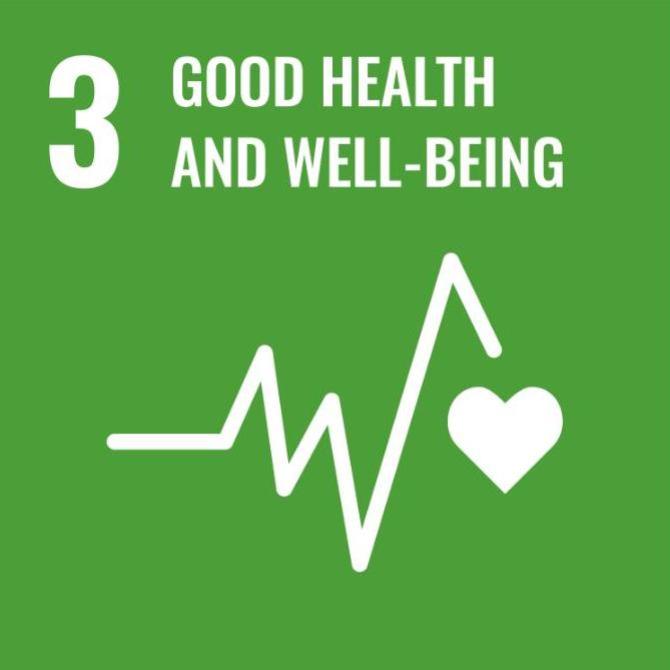 Sustainable Development Goal (SDG) 3 - Good health and wellbeing.
Sustainable Development Goal (SDG) 3 - Good health and wellbeing.
What to read next
New UC book explores an urgent issue for NZ’s justice system
06 August 2025
Mental Health and Criminal Justice: A New Zealand guide is the first New Zealand multidisciplinary book on mental health law and policy in our criminal justice system.
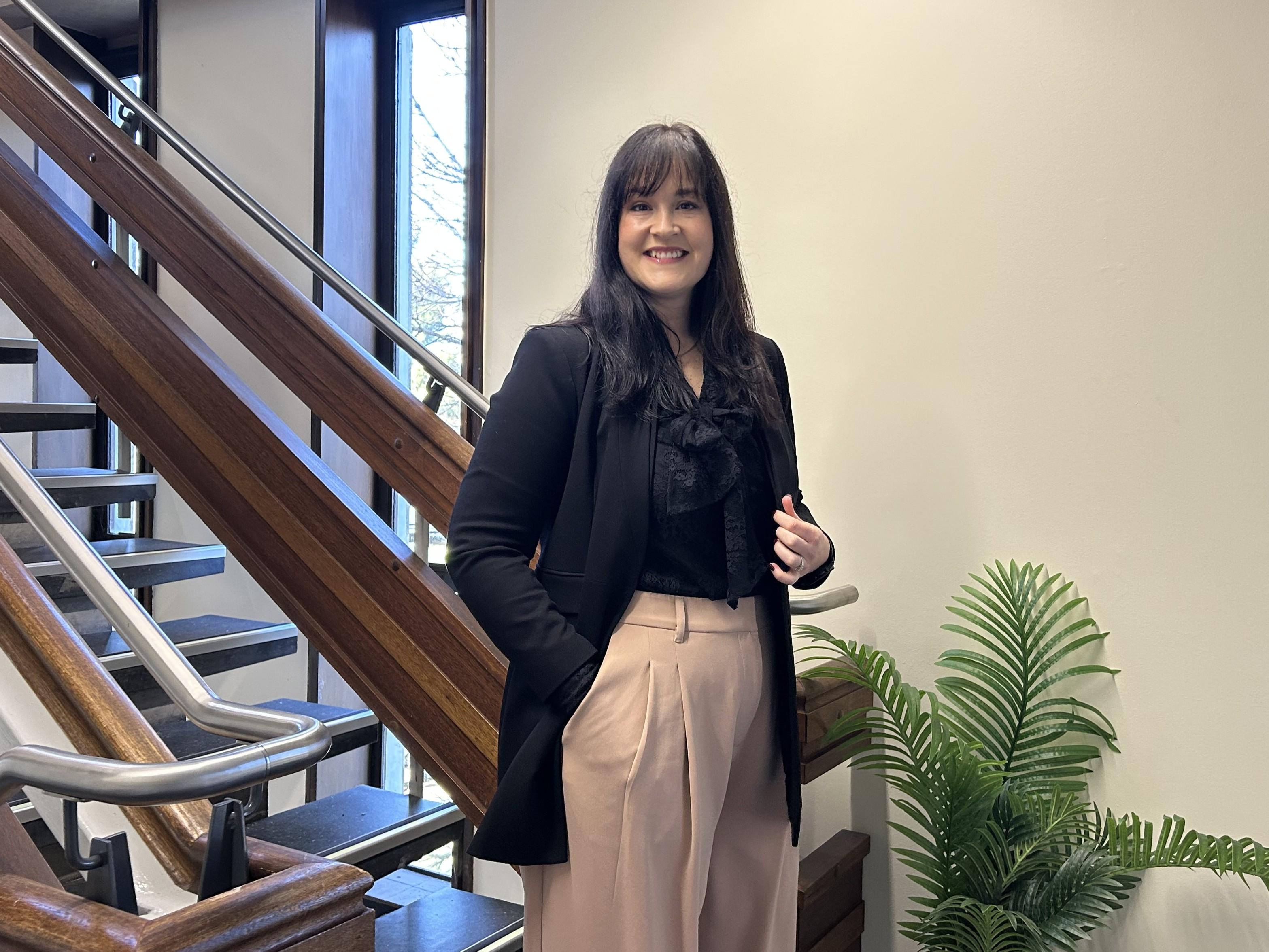


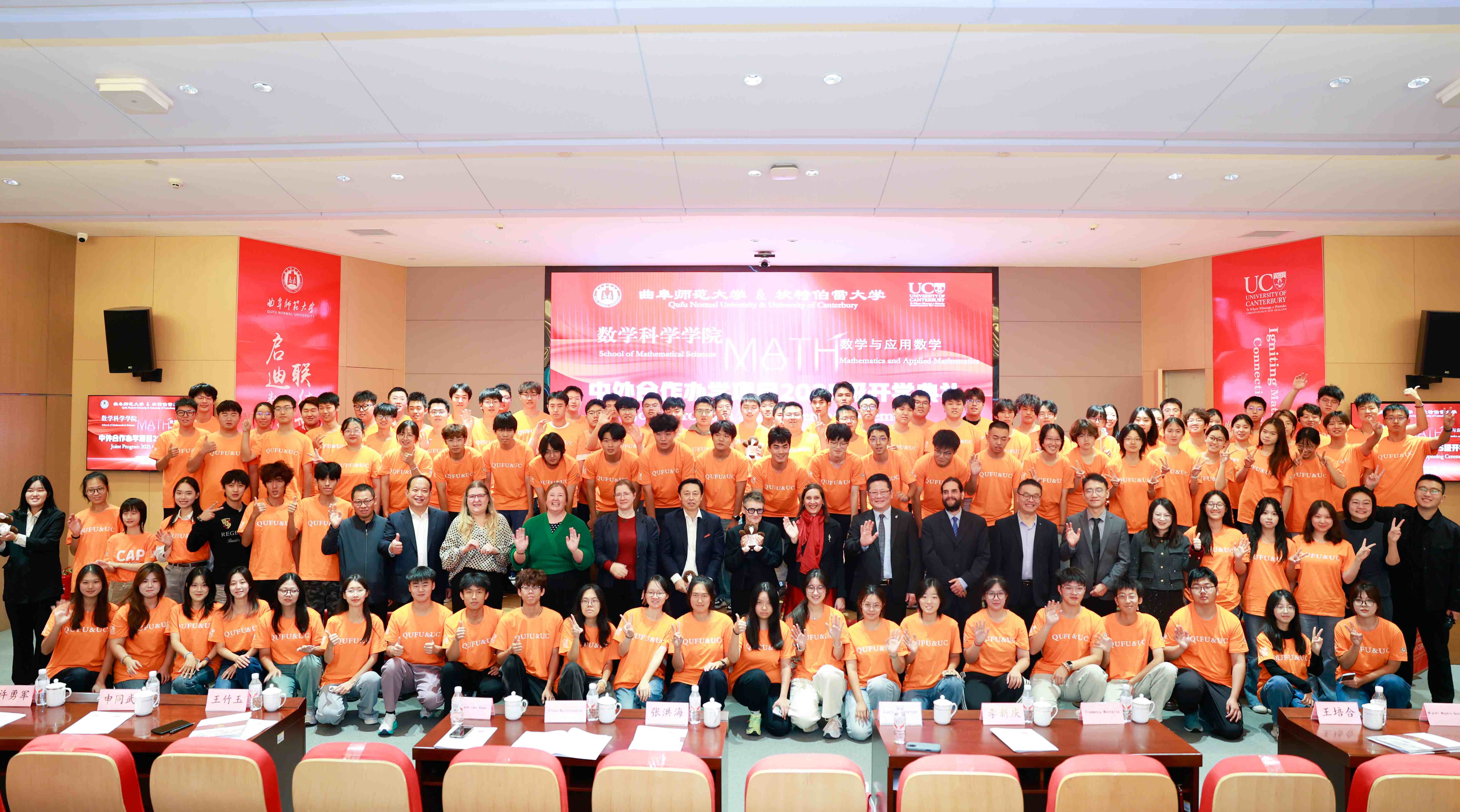


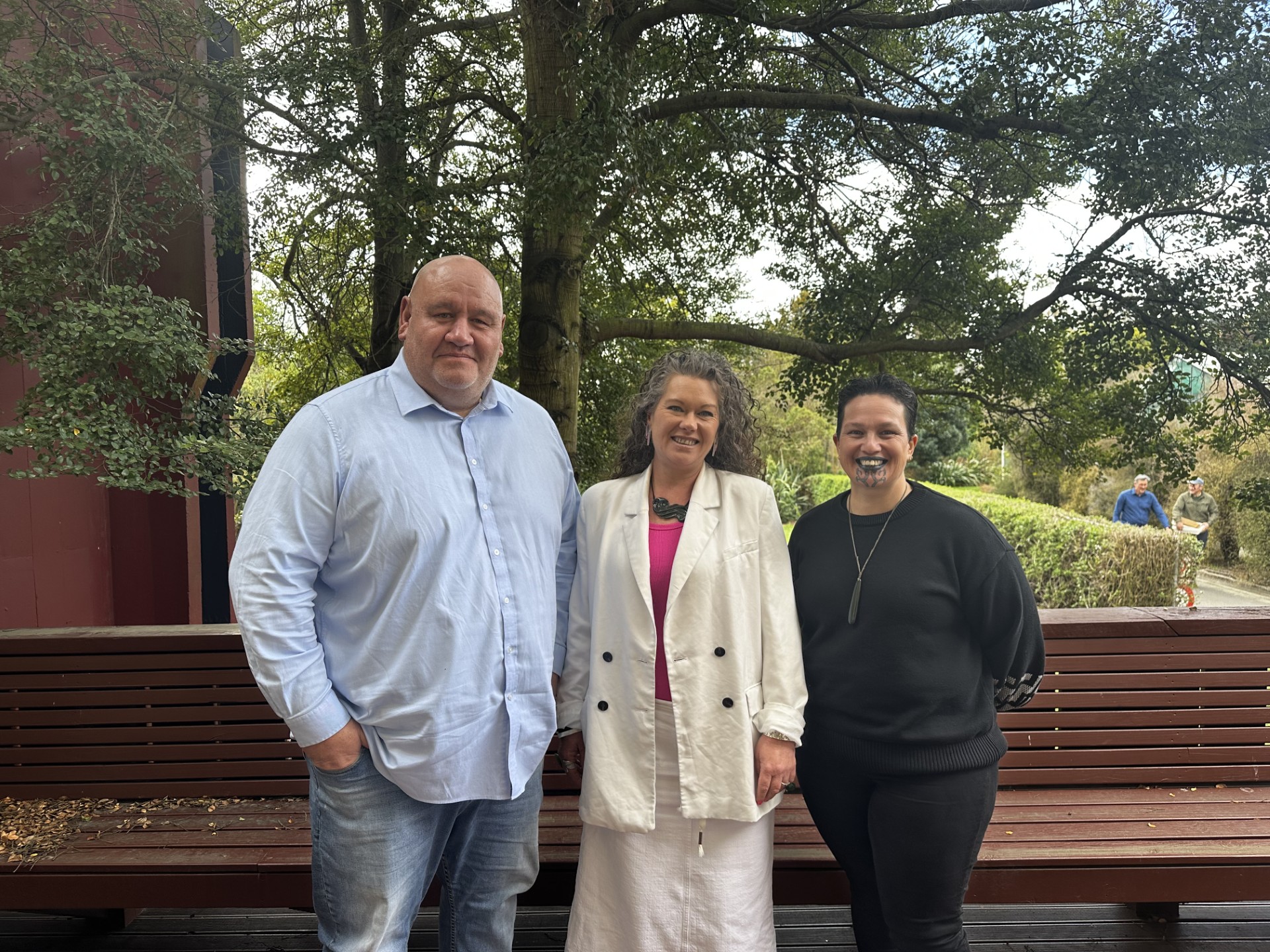
.jpg)
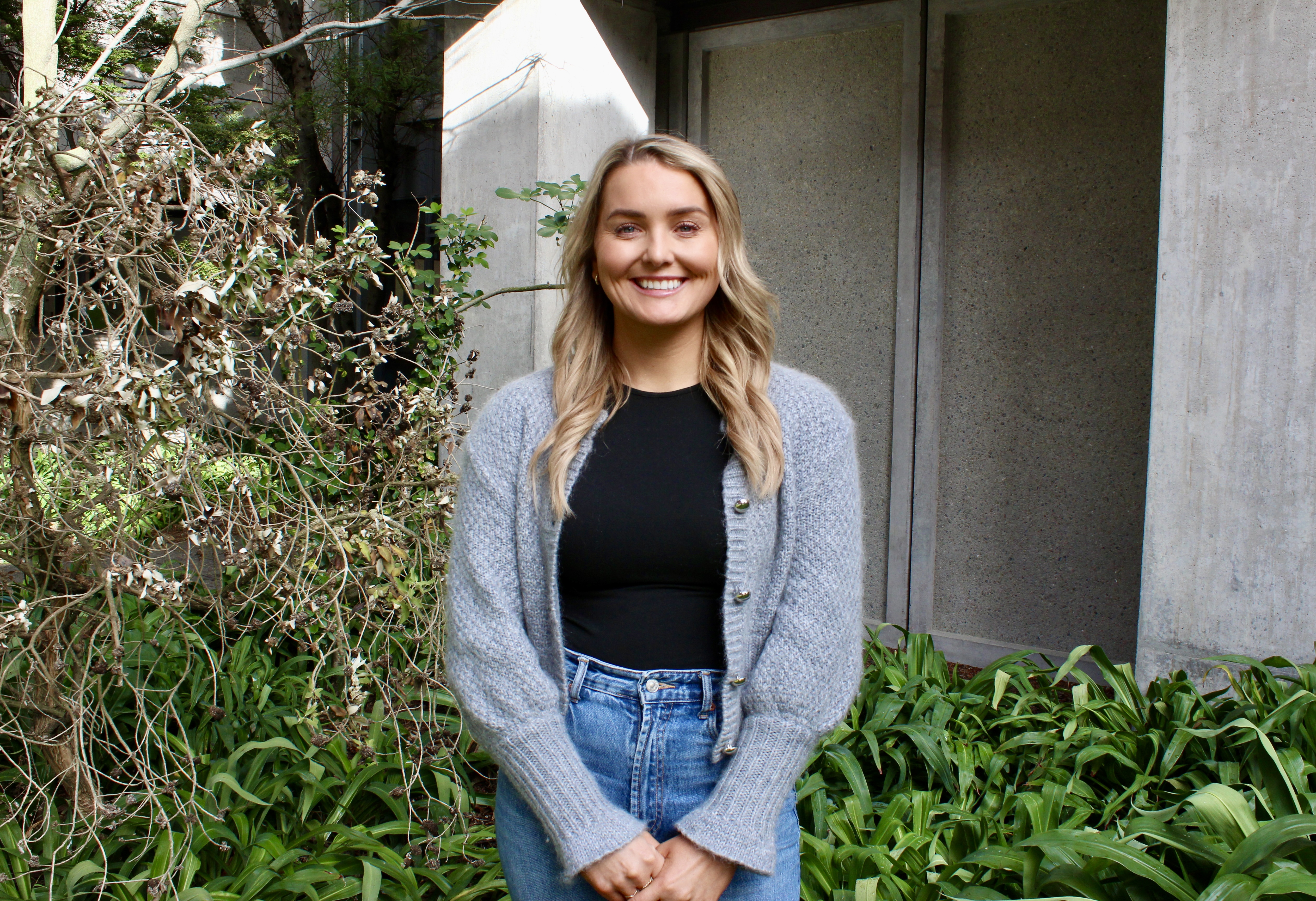

.jpg)